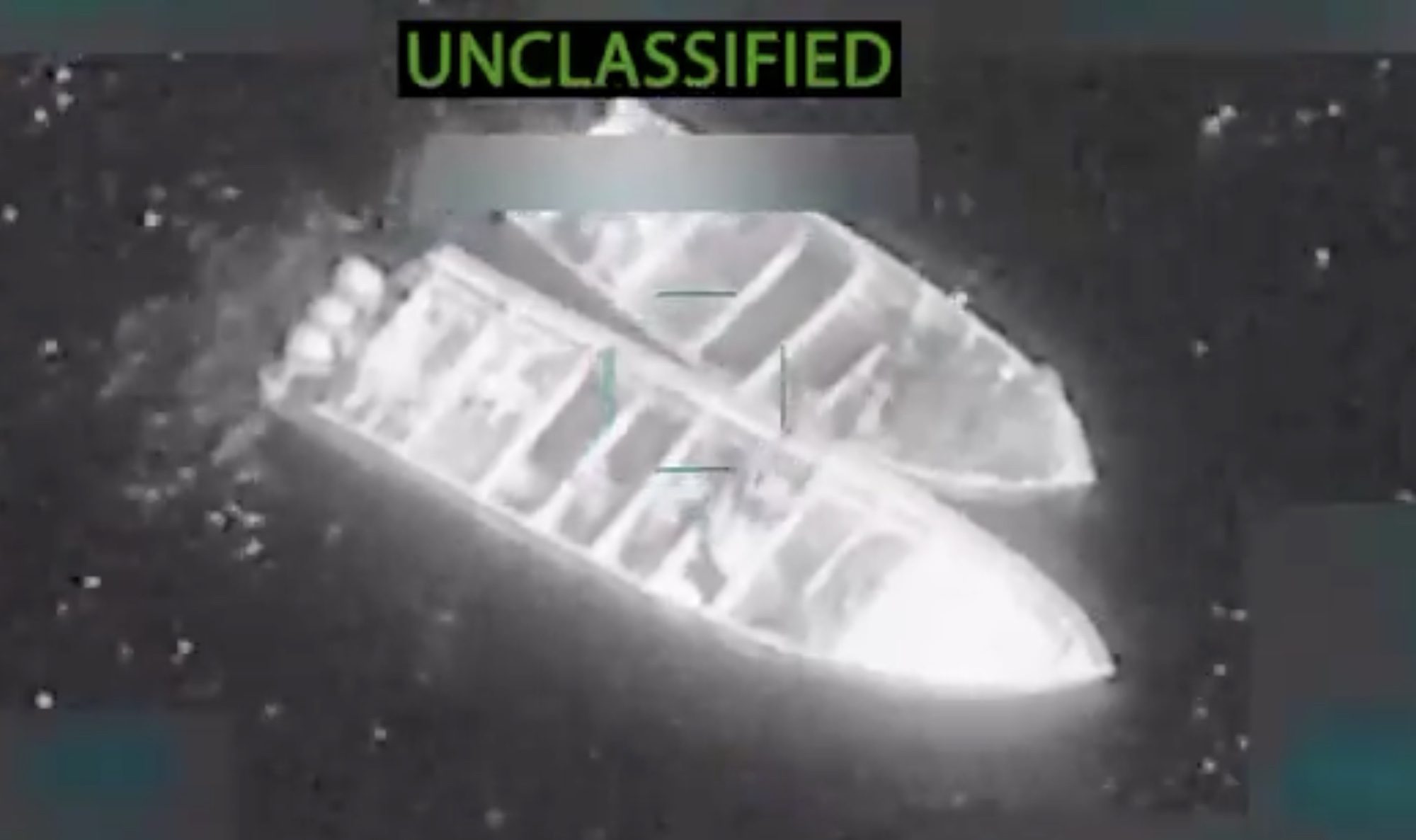Senate Judiciary Committee Democrats led by Vermont Senator Peter Welch are demanding the Department of Justice hand over all legal opinions justifying military strikes against suspected drug vessels that have killed 57 people in the Caribbean Sea and Pacific Ocean since September.
In remarks from the Senate floor, Welch questioned the legality of the President’s military actions and called on Congress to assert its constitutional authority over decisions to go to war.
“Laws matter, and the Constitution matters. If the President does want to start a war, if he wants to put America’s troops in harm’s way, he needs to seek authorization from Congress,” Welch said. “It’s up to the Senate to do its job.”
The senators’ letter, signed by all Democratic members of the committee including Ranking Member Dick Durbin, states that “summarily killing criminal suspects is prohibited under domestic and international law in both peacetime and wartime.”
“These recent strikes raise numerous questions about whether the department provided adequate legal guidance to those involved in ordering, planning, and carrying out the killings,” the letter adds.
Since early September, the U.S. military has carried out at least 13 strikes against alleged drug vessels, mostly in the Caribbean and others in the Eastern Pacific. The Pentagon has provided few details about the people targeted but has acknowledged some victims include people from Venezuela, Colombia and Ecuador. The administration has described the suspects at “narco-terrorists.”
However, the administration has not provided evidence that the U.S. faces any imminent threat from the vessels, and some legal experts have said the strikes amount to unlawful extrajudicial killings.
The use of military force against suspected drug vessels marks a departure from historical U.S. practice. Typically, the U.S. Coast Guard interdicts suspected drug vessels, while a multi-agency strike force known as “Panama Express” handled investigation and prosecution of resulting drug cases.
The Justice Department has since shut down that Reagan-era organized crime drug task force and transferred remaining cases to a newly created Homeland Security Task Force.
Welch also questioned the administration’s commitment to fighting drug trafficking, noting that funding has been cut for domestic treatment programs while billions are spent on military operations in Venezuela.
“Why are we spending billions of dollars in this effort in Venezuela, while at the same time taking funding away for treatment programs here at home that actually have been proven effective to help the most vulnerable Americans that are actually struggling with addiction to fentanyl and other drugs?” Welch said.
In a statement released Wednesday, Amnesty International called the strikes “illegal” and urged Congress to stop further bombings.
“In the last two months, the U.S. military’s Southern Command has gone on a murder spree by following the Trump administration’s illegal orders,” said Daphne Eviatar, Amnesty International USA’s Director for Human Rights and Security. “The administration has not even named its victims, nor provided evidence of their alleged crimes.”
Amnesty International argued that even if the boats were smuggling narcotics, carrying drugs alone does not constitute an imminent threat to life that could justify using lethal force. The organization noted that Secretary of State Marco Rubio confirmed the U.S. could have intercepted the first boat but chose to bomb it instead.
The most recent strikes occurred Monday in the Eastern Pacific, killing 14 people across three operations targeting four vessels. One survivor’s rescue is being coordinated by Mexican authorities.
Secretary of War Pete Hegseth has ordered the Gerald R. Ford Carrier Strike Group to the U.S. Southern Command region to “reinforce operations against transnational criminal organizations”. The deployment adds to a Caribbean already crowded with U.S. destroyers, a nuclear submarine, and fighter jets.
The senators concluded their letter by stating: “Your department has taken counterproductive steps to undermine our efforts to stem the drug epidemic.”

 Join The Club
Join The Club










